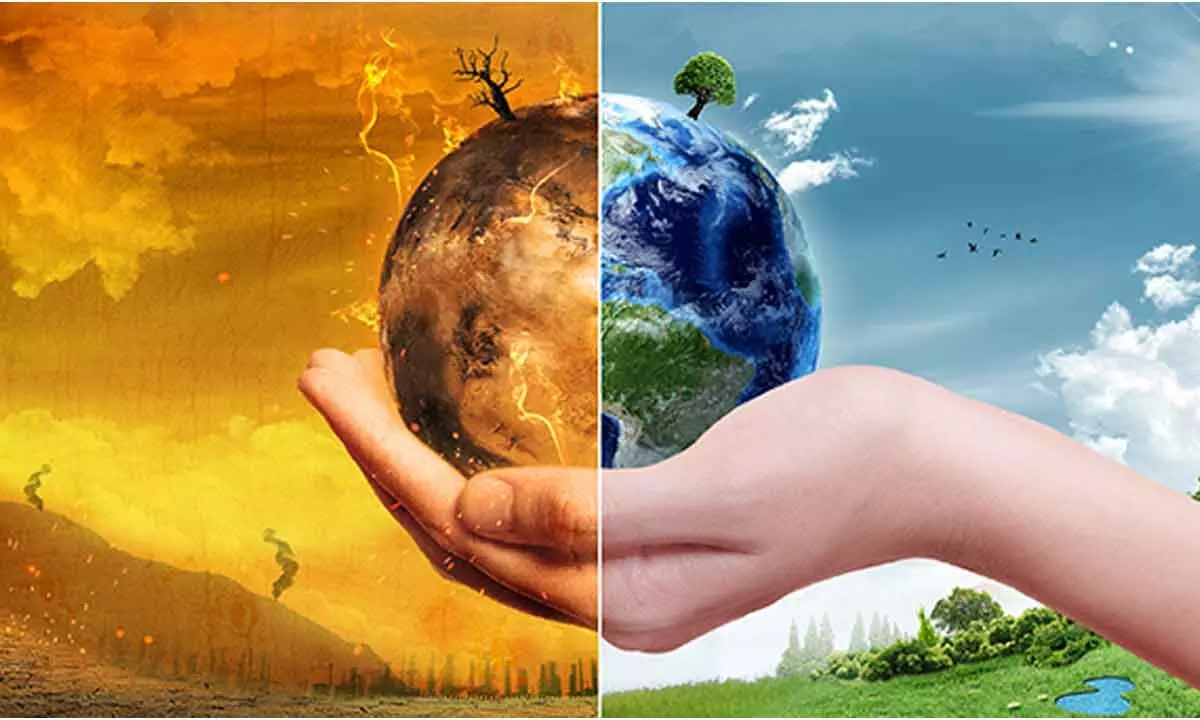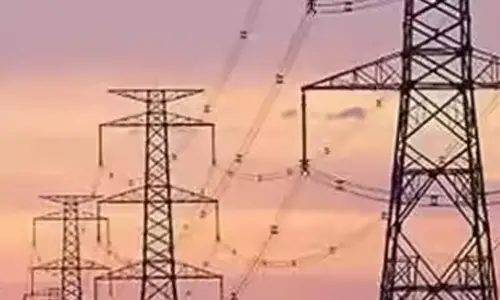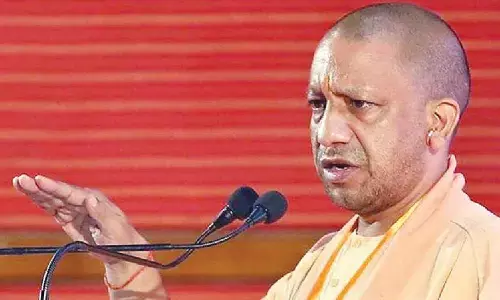Extreme weather events to rise manifold due to climate change

The frequency of extreme weather events such as floods and heatwaves is projected to rise manifold in India in the future due to climate change, according to a study by researchers at the Indian Institute of Technology, Gandhinagar.
New Delhi: The frequency of extreme weather events such as floods and heatwaves is projected to rise manifold in India in the future due to climate change, according to a study by researchers at the Indian Institute of Technology, Gandhinagar.
The research team studied the period from 1951 to 2020 to quantify India's risk of sequential extremes - heatwaves in the summer and extreme rainfall in the following summer monsoon season over the same regions. One of the examples of sequential extremes is the heatwave and flood in Pakistan this year that affected millions of people. Similar extremes occur in India with large implications for agricultural production, public health, and infrastructure, the researchers said.
The study, published in the One Earth journal on Friday, found that the risk will increase significantly under the warming climate and variability in the El Nino-Southern Oscillation (ENSO) --a recurring climate pattern involving changes in the temperature of waters in the central and eastern tropical Pacific Ocean. "The frequency of sequential extremes is projected to rise manifold in the future due to climate change," Vimal Mishra, Professor, Civil Engineering and Earth Sciences, IIT Gandhinagar in Gujarat, told PTI.
"The fraction of the total population and urban area exposed to sequential extremes will increase rapidly if the global mean temperature rises above 1.5 degrees Celsius from the pre-industrial level," Mishra said. The researchers noted that climate mitigation and reduction in vulnerability could help in reducing the risk. The study highlighted that mega-heatwaves occurred during the summer of 1995 and 1998, with 20 per cent and 8 per cent of the country being affected by sequential extremes.










